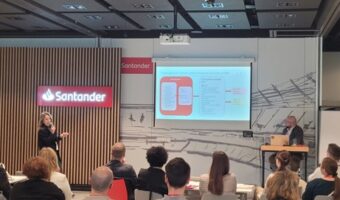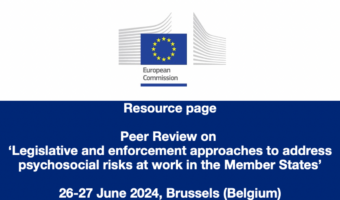The project aims to explore the links between working from home, job quality and psychological well-being.
It will apply a mixed-method approach to establish the quantitative effect based on data from the EU-27 countries and explore the specific mechanisms of the impact.
In recent decades, job quality has become an increasingly important topic in economics. Yet current approaches to defining it have challenged the traditional view that job quality is determined mainly by wages or job security. As a result, psychosocial risks and work-life balance have been included in the mainstream economic definitions of job quality. It is also acknowledged that the work environment and job quality are central to individuals’ psychological health and well-being. This problem has recently become even more critical due to the changes brought about by the COVID-19 pandemic. One of the biggest challenges was a massive shift toward working from home (WFH), which to some extent, appears permanent.
Before the pandemic, working from home accounted for a relatively marginal share of paid labour in the EU. However, after 2020 WFH has become much more common. Therefore it requires a fresh, systematic examination based on country-representative surveys.
Additionally, the project timeline covers the implementation of the Strategic Framework on Health and Safety at Work 2021-2027, which explicitly mentions working from home as a possible factor contributing to psychosocial risks. The European directive on psychosocial risks will likely follow the framework, forcing each member state to coordinate the legislature.
That opportunity allows observing the social partners’ agendas and strategies for introducing some of these risks in the legislature.
* * *
The National Centre of Science funds the project. Agreement: UMO-2022/45/N/HS4/02533 Project No.: 2022/45/N/HS4/02533

- principal investigator:
- Zuzanna Kowalik
- project supervisor:
- Iga Magda
- Contact:
-
Zuzanna.kowalik@ibs.org.pl





